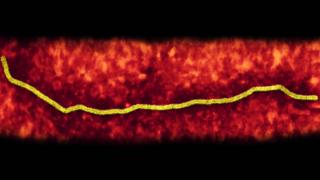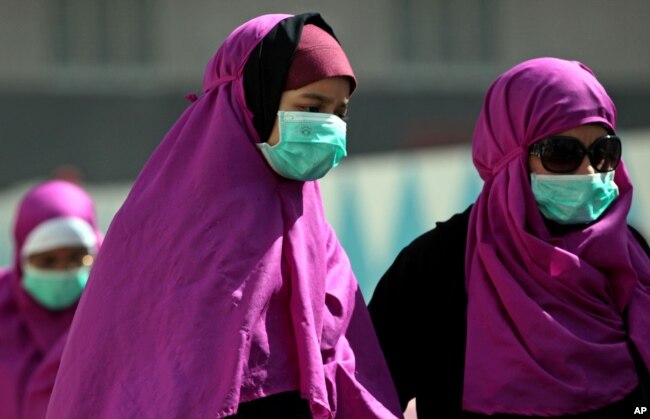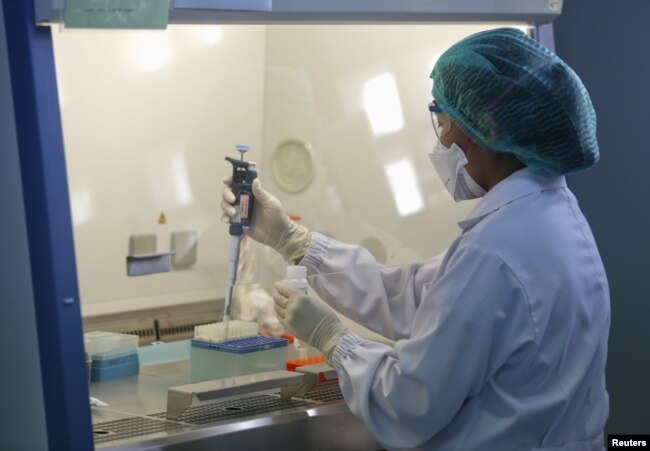Dot Com
Nullius in verba
heard this on the BBC the last day or two:
What is MERS And Other Questions About the Outbreak - NBC News
Wonnder why the AZNs are the ones being affected given the disease is from the middle east???
What is MERS And Other Questions About the Outbreak - NBC News
Wonnder why the AZNs are the ones being affected given the disease is from the middle east???







